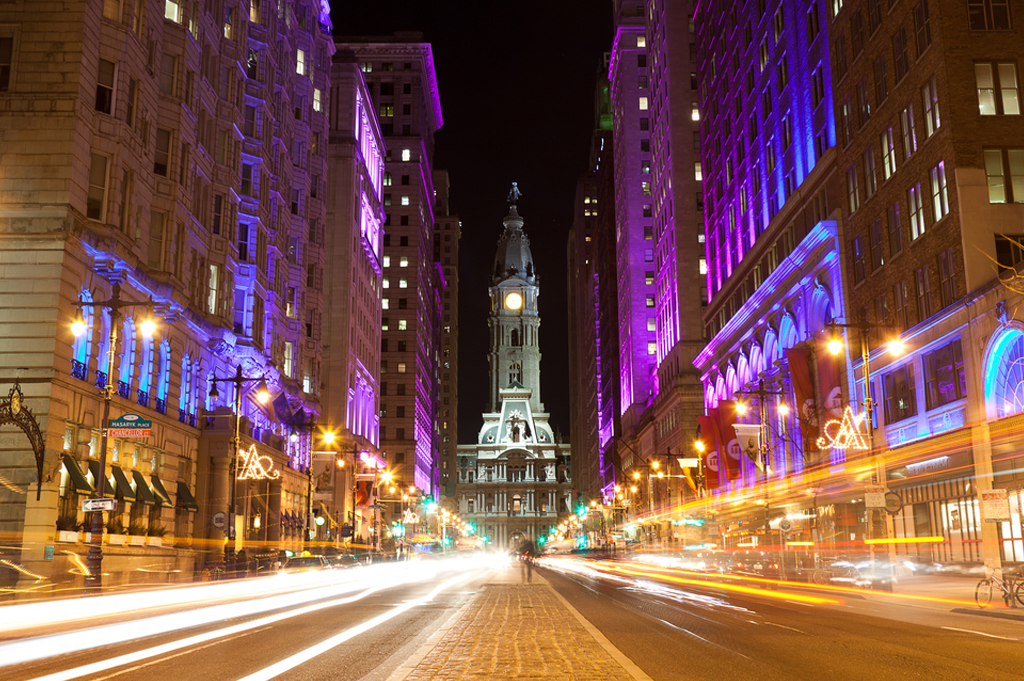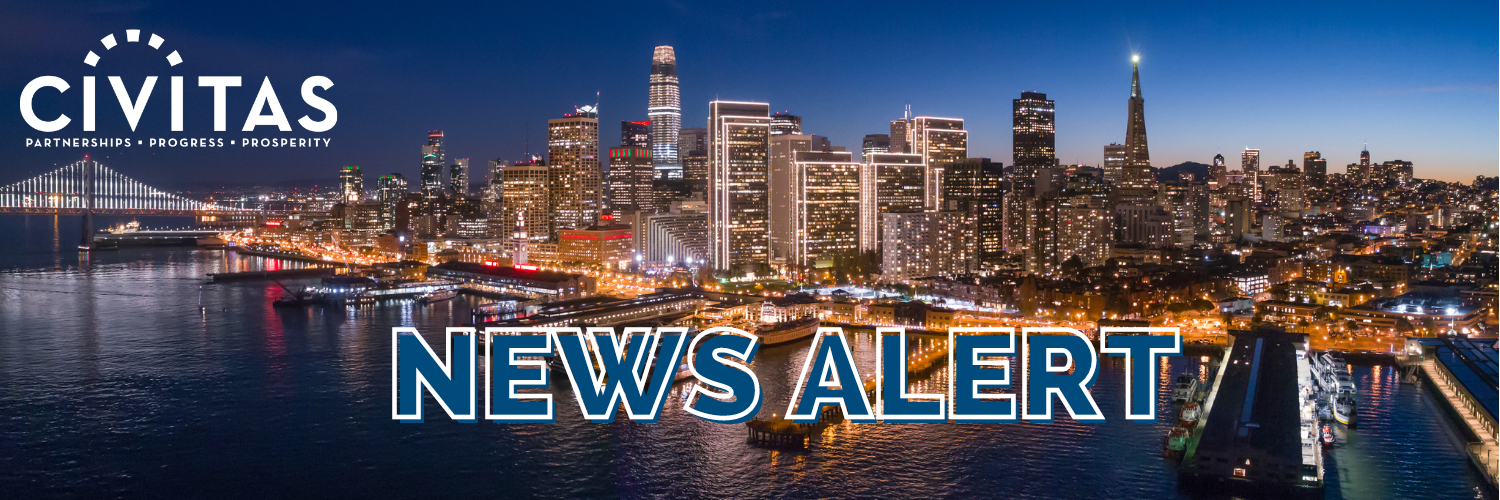The Challenge
Philadelphia is one of America’s oldest and most historically and culturally important cities. It was founded in 1682 by William Penn, whose Quaker roots inspired a “City of Brotherly Love.” Sites including Independence Hall where the Declaration of Independence and Constitution were signed, Betsy Ross’s House, and the Liberty Bell date from the American Revolution and can still be visited today. The Philadelphia Museum of Art, chartered in 1876, is famous not only for its collections but also for the iconic steps featured in the movie “Rocky.” Philadelphia is also home to a variety of engaging, vibrant neighborhoods that offer modern amenities and diversions such as inviting shops and restaurants in addition to the city’s historic attractions and public spaces. With such a distinctive array of offerings for visitors, it is not surprising that Philadelphia was chosen to host the Papal visit in 2015, the Democratic National Convention in 2016, and the NFL Draft in 2017.
Success is not without its challenges, however. Philadelphia experienced “donor-fatigue” — promotion funding from the public and private sectors was actually reduced. At the same time, winning convention and event business became both more competitive and more expensive, and Philadelphia had no dedicated “Event Attraction Fund” to support such efforts.
The Innovation
Leaders in Philadelphia’s hotel community decided to work with each other and the City government to enact the Philadelphia Hospitality Investment Levy (PhiL) in order to increase overnight guest visits to the City of Philadelphia by attracting large conventions and events. The levy consisted of a 0.75% assessment fee on the hotel gross room rental revenue.
To organize this levy, a District was formed pursuant to the Community and Economic Improvement Act, Philadelphia’s version of the Neighborhood Improvement District Act. The District included all hotel properties within the boundaries of the City of Philadelphia that provided 50 or more rooms for rent on a nightly basis. The PhiL was envisioned as a funding mechanism to attract large conventions and events, but a portion of the funds raised could also be used for other programs and initiatives.
For desired accountability and direction, the PHiL was to be governed by a board of 14 hotel General Managers from multiple geographic areas across the City of Philadelphia and one representative from the City of Philadelphia. The board would be responsible for reviewing and approving PHiL Grant Applications, with the main objective to approve grant applications which directly benefit City of Philadelphia hotels. It would consider events with the potential to generate a minimum of 1,250 rooms on peak nights, and it would seek an ROI of 8:1 for funds allocated, based on the estimated room revenue generated by the event.
The Results
The Philadelphia Hospitality Investment Levy (PHiL) was passed by the City Council in September 2017, for a 5 year period through 2022.
At the 1 year milestone, the PHiL was a demonstrated success. It collected $5.6 million and funded 92 conventions and events, achieving its goal of bringing overnight visitors to the city. In fact, well before its expiration, PHiL is already being considered for an extension of authorization beyond its initial 5 year term!





